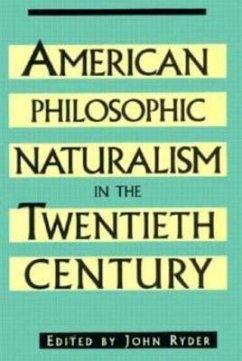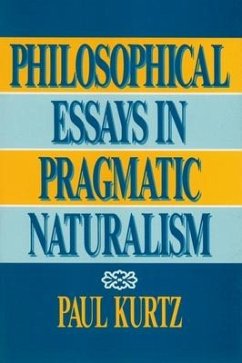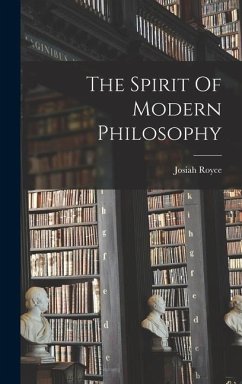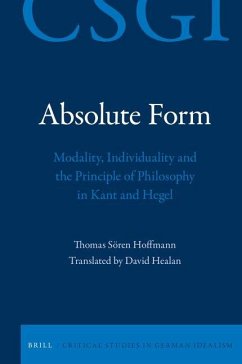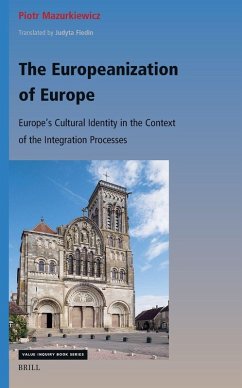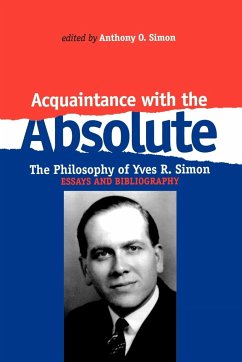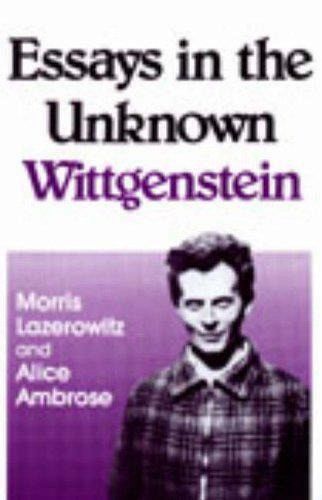
Essays in the Unknown Wittgenstein
Versandkostenfrei!
Versandfertig in über 4 Wochen
38,99 €
inkl. MwSt.

PAYBACK Punkte
19 °P sammeln!
"Wittgenstein was capable of profound insights into academic, reasoned philosophy, insights that can lead to the explanation of its central enigma: the intrinsic irresolvability of its disagreements which attaches to every one of its claims . . . There can be no room for doubt that his mind was in conflict with itself, that the traditional although extraordinarily original thinker was in conflict with the iconoclastic thinker. Thisperhaps is one reason why he never developed his insights, and why he scattered them so thinly in his later writings, where they lie concealed like uncut diamonds on...
"Wittgenstein was capable of profound insights into academic, reasoned philosophy, insights that can lead to the explanation of its central enigma: the intrinsic irresolvability of its disagreements which attaches to every one of its claims . . . There can be no room for doubt that his mind was in conflict with itself, that the traditional although extraordinarily original thinker was in conflict with the iconoclastic thinker. Thisperhaps is one reason why he never developed his insights, and why he scattered them so thinly in his later writings, where they lie concealed like uncut diamonds on a pebbled beach." -- from the ForewordMorris Lazerowitz and Alice Ambrose, in this important book, attempt to uncover and make clear the insights embedded in Wittgenstein's later work that, so far, have not received the critical attention they deserve. These insights, once understood, can have great explanatory power for philosophy and make it possible to look at conventional philosophy with a new understanding.The sixteen original essays presented here, twelve of which have never been published before, discuss Wittgenstein's work after the Notebooks, 1914-1916. The authors bring to light the thoughts behind Wittgenstein's often cryptic remarks on the "linguistic unmasking of philosophical utterances."The topics discussed include necessity and philosophy, linguistic solipsism, Bouwsma's Paradox, the fly bottle, empiricism, being and existence, mathematical proof, the philosopher and day dreaming, among others.



